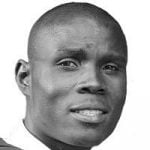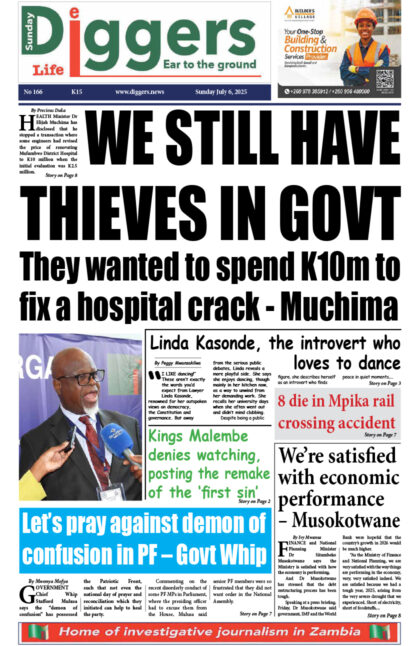Information and Broadcasting Services Minister Dora Siliya has insisted that when implemented, the media regulation framework will separate “quacks” from professional journalists.
Speaking when she received a draft self regulation bill from the Media Liaison Committee (MLC), Wednesday, Siliya said media regulation would bring sanity to the journalism profession.
“With the coming of the regulatory system, professional journalists will be separated from those masqueraders who aim to tarnish the image of the profession. We are ourselves as government are quite concerned because clearly, we believe that the role of a journalist is extremely important because you have to interpret things for many of us, you have to interpret things I have said…don’t underestimate how exposed you are because you have to interpret issues for doctors, issues for bricklayers, issues for marketeers and if you don’t do a good job, then the whole society suffers. We have been calling for a distinction between the citizen journalists and there power to be able to write the stories even anonymously because they know that they are not verified stories,” Siliya said.
She also said no one would take Zambian journalists seriously in the absence of regulation.
“Today is a very important day because Zambia like other countries is actually feeling very threatened in terms of the traditional media. The sector is fighting for its own credibility. Credibility as far as citizens are concerned. Credibility as far as government is concerned.
I think that today is an extremely momentous occasion. I think it is a landmark point in our country and some of us we might not yet appreciate what is happening today because it has taken us along time to come to this point and really, what was behind the threats of the PF were basically that we did not want journalists in this country to seem like just casual workers out there,” said Siliya.
“If we do not recognize journalists as professionals, nobody out there will take a Zambian journalists seriously. When I watch the news, and I make this point over and over, if it is news about South Africa, I see local journalists in South Africa being the ones to send the stories to CNN or elsewhere. When I watch Kenya, the Kenyan journalists are credible enough that they are trusted to be the ones to send the stories about Kenya to CNN. When we had a big story about climate change here in Zambia, I did not see a Zambian journalist asked by Sky to do the story. They came themselves and that should really give us a worry that we should have enough trusted journalists in this country that can do the job for international media. But in the absence of the professional body, first, they don’t know whom to turn to, secondly, they can’t verify your competences and this is not good for the development journalism professional in this country.”
And MLC chairperson Enock Ngoma said Zambia needed journalists who were going to work under a code of ethics that was going to be adhered to.
“We are trying to cure this fake news that people are talking about. The Minister here has talked about fake news several times and these are some of the things contained in this document which we shall present to the Minister. We want to have a cadre of journalists in Zambia who are going to work professionally. We need a cadre of journalists who are going to work under a code of ethics that is going to be adhered to the document when it becomes law. We are hopeful that
there shall be no surprises when it comes from Ministry of Justice after they work on it. We are hoping that this document is going to be improved for the better if at all there will be any improvements made by the government. We want the aspirations of a journalist who put efforts into this document to be seen not to be changed by any state organ,” said Ngoma.



















